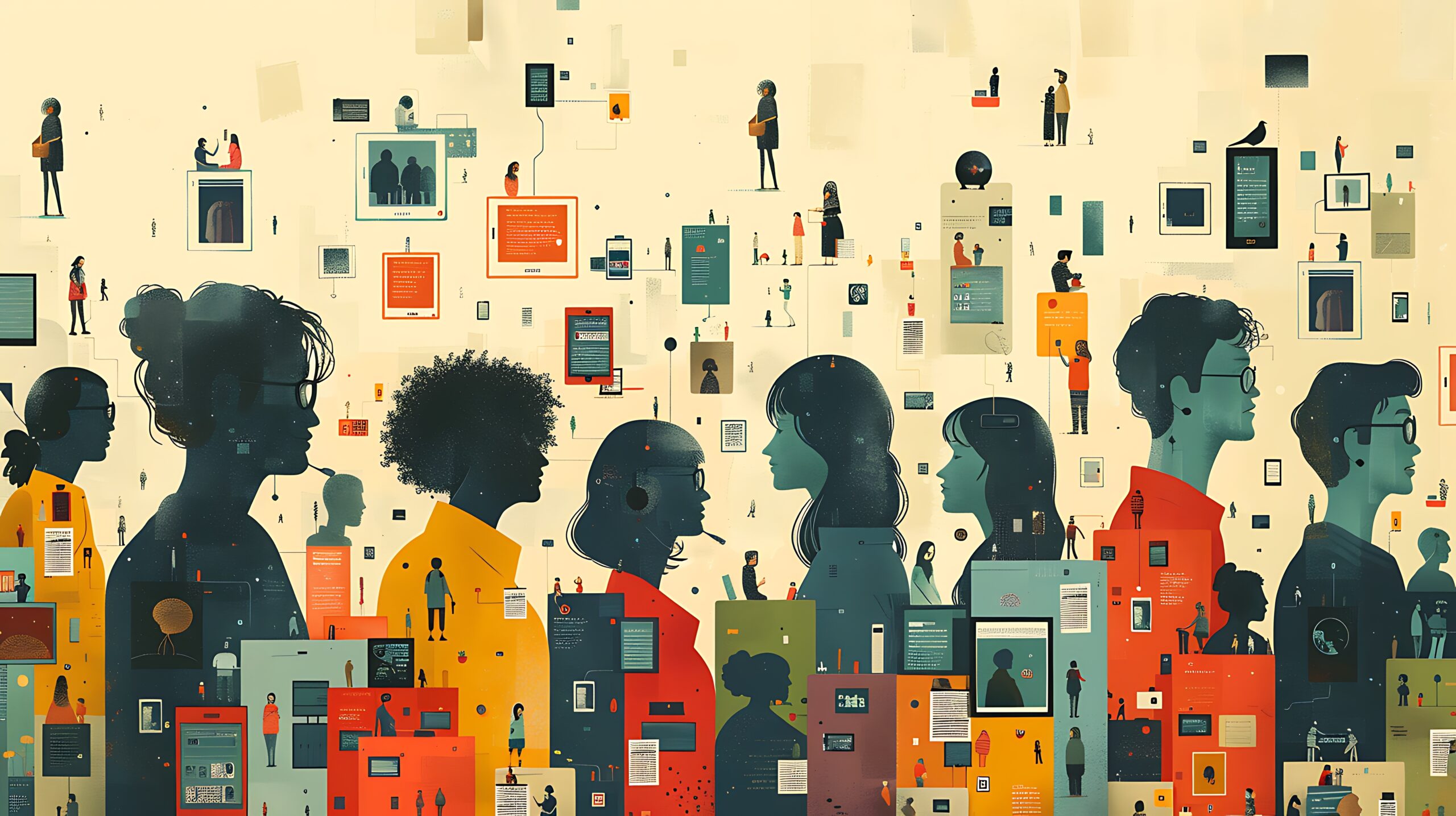Can technology speed up the learning process? Jeff Havens doesn’t think so.
I’m certain that while I write this paragraph, I’m going to make a mistake. There will be a word I don’t like, or a phrase, or maybe I’ll realise halfway through that I’m just not saying things the way I want to. So I’ll mash my pinky finger on the ‘Backspace’ key and start over like nothing happened.
50 years ago I would have needed to rip an entire page out of my typewriter and begin from the top. 500 years ago I would have just ruined a piece of parchment too expensive for most of the world to afford. And 5,000 years ago I would have defaced an entire cave wall – which I could probably erase by chiseling out the entire offending section, but man does that sound tedious.
There is no question that technology has improved our lives in almost every imaginable way. We can eat foods our ancestors didn’t know existed, and grow that food with a confident certainty they never experienced. We can travel distances that not too long ago were inconceivable.
We can encode information on light beams, which I am doing right now and which is still so bewildering to me that I sometimes think it’s all just magic.
Our technology is so ubiquitous, and has been demonstrated to improve so many areas of our daily lives, that it’s tempting to believe it can do everything. Need to cure a disease? Engineer a drug. Want to meet the love of your life?
Some people learn quicker than others, some people practise more than others, and some people have a greater natural aptitude for a certain skill than others. But technology simply can’t do anything to help.
Build a computer algorithm to match people according to their preferences. Interested in living a few hundred years? There are people working on that. Plenty of very intelligent people believe that there is no limit to what technology can accomplish.
But there is.
Because despite its myriad miracles, technology simply can not improve the rate at which we acquire knowledge or develop skills. There is no feat of engineering that can transform you overnight into a first-rate engineer, no software program that can shortcut your path from piano owner to concert performer.
Nothing we have developed, and nothing we are going to develop in the foreseeable future, can speed up the process by which you learn an instrument or master a language or excel at a sport or become a model parent. Practise, fail, learn, practise, fail, learn, repeat – that is the only solution we’ve ever come up with.
Some people learn quicker than others, some people practise more than others, and some people have a greater natural aptitude for a certain skill than others. But technology can’t do anything to help.
We have a tendency to forget this. Technology has sped up so many other things that we sometimes rage at how long it takes to earn a promotion or become an expert. A lot of us expect those things to simply happen, as though you can scroll through a few screens on your smartphone and suddenly have the kind of knowledge it takes a decade or two to acquire.
Young people are probably more prone to this impatience because they were born in a world where everything has always been moving at the speed of light; but every one of us has given up on something 15 minutes after starting because we weren’t already good at it.
RELATED CONTENT
If we want to have any hope of enjoying life, the immutable and glacial pace of advancement is a fact we simply must come to terms with. If you expect online dating to find you the perfect match without the headache of a few bad dates, you will almost certainly be disappointed.
If you expect promotions at work every few months, you will have an extremely difficult time being happy at any job you ever hold. If you expect to lose 30 pounds in a month without having to exercise or change your diet or otherwise do anything disruptive, you will very likely never see the results you want.
I’m currently four years into learning Spanish, and I still can’t understand half of what native Spanish speakers say when they talk at their normal machine-gun rate.
Getting good at something has always been a marathon, and it always will be. We have done some truly awe-inspiring things, and our great-great-great-grandchildren will come up with technologies that we can’t even imagine. But none of that can put skills and knowledge into our heads any faster than our caveman ancestors were able to do it themselves. The Matrix lied to us.
And that’s why I hate Keanu Reeves.
About the author
Jeff Havens is a speaker, author, and professional development expert who tackles leadership, generational, and professional development issues with an exceptional blend of content and entertainment. He is a contributing writer to Fast Company, Entrepreneur, BusinessWeek, The Wall Street Journal; and has been featured on CNBC & Fox Business.



